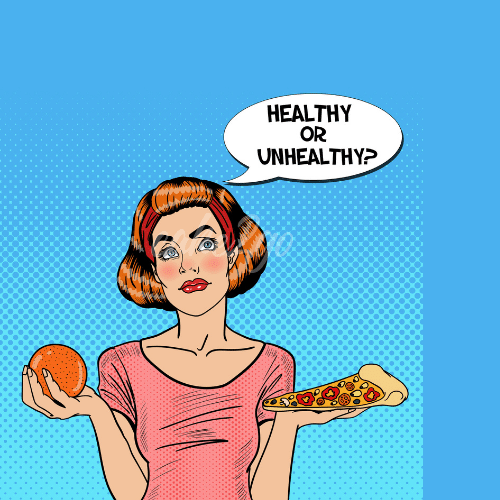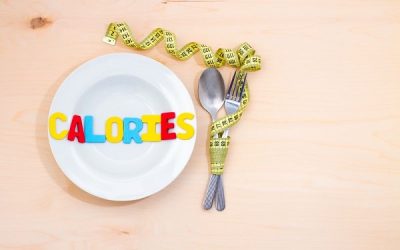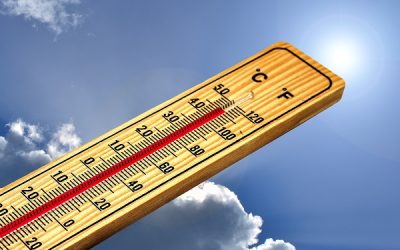When you are trying to lose over 50 pounds before you reach your weight loss goal, the truth of the matter is that you will face challenges that simply aren’t a problem for individuals who need to lose only a handful of pounds.
You will need to find a weight management method you’re willing to live with for quite some time because you will need to be able to keep it up in order to reach your target.
Among those challenges is the fact that once you do start to get into your dieting and exercising routine, it can become relatively easy to lose the first five to ten percent of your body weight. Therefore, the first fifteen or even twenty pounds can come of relatively smoothly once you find the right groove and you keep it up.
However, after that point, your body may shift its metabolism and hormones. Among those changes can include an increase in your ghrelin hormone levels. That hormone is responsible for your appetite so you could end up feeling hungry at times when you never did before. Your body may also reduce its leptin levels which can cause you to feel hunger pangs even if you’ve been eating quantities of food that you would previously have found to be satisfying. When hunger gets in the way, it can become much more difficult to stick to your diet, even if you’ve been successful for quite some time.
Here are three of the most common obstacles faced by people who are trying to lose over 50 pounds and some potential fixes for them:
• Hormone fluctuations – Though this can happen through your whole life, if you’re a woman going through perimenopause, you might be facing the toughest hormone battle you’ve undergone since your teens. This includes everything from mood swings to hot flashes and appetite surges. When you throw trying to lose over 50 pounds into the mix, things can get pretty scary. The fix recommended by many doctors is to increase exercise. This can help to get ghrelin and leptin hormones under control and can improve the quality of sleep which can also go a long way toward boosting weight loss and reducing uncomfortable symptoms.
• Birth control – Certain types of birth control pills and IUDs, particularly those that are progestin-only, can cause the body to naturally gain weight as one of their side effects. If this is becoming highly problematic, it might be a good idea to speak with a doctor about possible non-hormonal birth control alternatives such as condoms or even a copper IUD.
• Menopause – Once again, hormones are playing a large role in this part of your life because your ovaries have stopped their estrogen production. This can lead to abdominal fat buildup. For many people who start hormone therapy (HT) at the right time, this can protect them from developing this problem in the first place. That said, this only works if it is started before menopause is complete.










